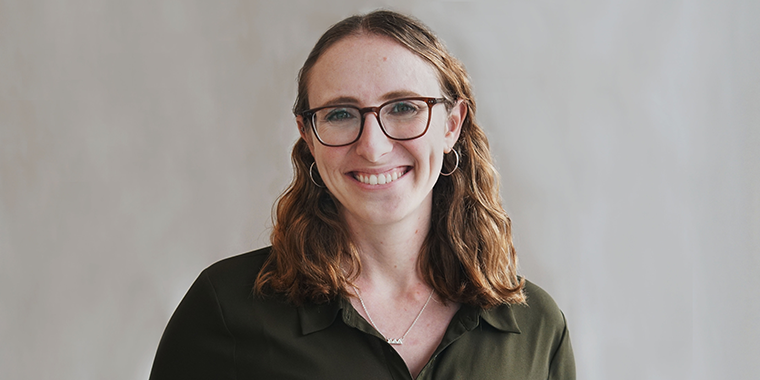Policy is needed to facilitate widespread building electrification in the US. By reducing reliance on fossil fuels, building electrification promotes job creation, energy security, and public health benefits. Despite this, US gas utilities, fossil fuel companies, and their industry associations have fought local and state policy designed to reduce fossil gas reliance in buildings. InfluenceMap research reveals a coordinated campaign in the US, with evidence of similar tactics to fight building electrification proposals in the EU and Australia. See InfluenceMap's recent report “The Global Campaign Against Building Electrification” for our full analysis.
In this webinar, InfluenceMap will unpack the fossil fuel industry’s playbook of tactics to show how pro-gas arguments are delaying building electrification and prolonging the use of fossil gas. We will break this down into two main strategies: the broad, global pro-gas playbook the industry uses across regions and the regionally targeted arguments the industry employs to tap into local politics in the US.
We will be joined by Sarah Steinberg, Director, Enabling Building Electrification Program, at industry association Advanced Energy United, who will present the case for supporting building electrification policies in the US, share best practice and tactics for positive corporate advocacy, and underscore the importance of collaborative action to counter negative fossil fuel industry advocacy.
This webinar is open to all, with a specific focus on companies seeking to align their advocacy with scientific guidance on the topic and investors seeking to push companies on the topic.
Positive corporate actors are emerging in the US, but the fossil fuel industry is still successfully delaying and weakening science-aligned policy around the world. In this webinar, companies will gain tools to effectively advocate for policies to decarbonize buildings, while investors will improve their ability to detect corporate narratives on the topic.





InfluenceMap
Vivek ParekhProgram Manager, Fossil Fuels
Vivek is a Program Manager at InfluenceMap, where he leads the Fossil Fuels program. This includes the development of InfluenceMap's global Methane Platform, an interactive tool designed to track corporate engagement on methane policy proposed by governments. He also leads the program aimed at expanding the analysis of climate policy engagement in India. Vivek joined InfluenceMap in November 2020 after completing an MSc in Economics and Policy of Energy and the Environment at University College London. He also holds a BSc in Economics from the University of York.

InfluenceMap
Emilia PiziakSenior Analyst
Prior to joining InfluenceMap in May 2021, Emilia worked on energy and global philanthropy projects with Acadia Center and Wellspring Philanthropic Fund. As an Analyst, Emilia contributes to InfluenceMap’s efforts to track corporate lobbying on climate change, particularly within the US power sector. Emilia holds a joint Bachelor’s & Master’s degree in Public Policy from the Bloustein School at Rutgers University.

Advanced Energy United
Sarah SteinbergDirector, Enabling Building Electrification Program
Sarah Steinberg is a Policy Director at Advanced Energy United, an industry association of advanced energy companies seeking to repower the economy with 100% clean energy. She is leading United’s Enabling Building Electrification work focusing on gas utility regulation, electric grid readiness, and utility planning at the intersection between the electric and gas systems. Her prior work has touched upon integrated resource planning, utility business model innovation, distributed energy resources, transportation electrification, electric rate design and ratemaking, and more. She holds a Bachelor of Arts from Middlebury College, and a Master of Public Administration from the University of Colorado Denver.